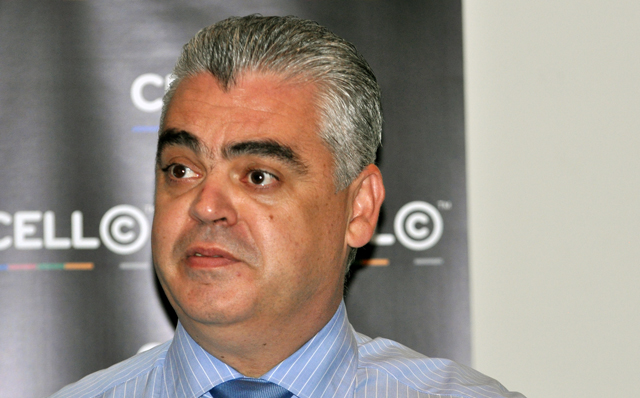
Cell C CEO Jose Dos Santos on Wednesday vowed to fight Vodacom’s proposed R7bn acquisition of Neotel and to do its best to torpedo the deal in the legal system.
“We will keep them in court for as long as the legal system allows,” Dos Santos said. “Whatever happens, we are going to court.”
Vodacom and Neotel are awaiting approval of their proposed deal from communications regulator Icasa and the Competition Commission.
Dos Santos was less concerned about Telkom’s proposed deal with MTN, which would see the mobile operator taking over management of the former’s radio access network. He said it would be “a shame” if that deal did not proceed.
He said Cell C was also not objecting to Telkom’s R2,7bn acquisition of IT group Business Connexion. “BCX doesn’t really affect us at this stage of the game,” he said.
Dos Santos’s remarks follow an impassioned plea by Cell C to Icasa at public hearings in January not to approve the deal. It warned then that the deal would result in a lessening of competition in South Africa’s telecommunications industry, which would be against the interests of consumers.
Cell C chief legal officer Graham Mackinnon said at the hearings that it was “quite obvious” from submissions made by Vodacom and Neotel that their proposed transaction was one where they “realised they needed to achieve a particular goal and reverse engineered a transaction to avoid restrictions in the Electronic Communications Act and radio frequency regulations”.
He said the companies had “created a structure” in an attempt to achieve this.
Mackinnon said the transaction involved the allocation of scarce radio frequency spectrum resources between telecoms licensees and was an “effective spectrum transfer”.
“This is prohibited by the Electronic Communications Act and radio frequency regulations,” he said.
He warned that there were already “signs of consolidation” that were leading to the “creation of duopolies and monopolies” in the industry.
“Such market structures are not conducive to competition and will not bring about competitive prices and choice to consumers in the long run,” Mackinnon said.
The proposed acquisition of Neotel would “further skew the playing field in the long term”. It would also “entrench Vodacom’s dominance”.
The acquisition would give Vodacom access to new spectrum outside of a regulated assignment process. “Spectrum is a scarce commodity and must be allocated equitably in a a regulated environment. Consumers will lose out in the long run if Vodacom becomes super dominant in a space where they are already dominant.” — (c) 2015 NewsCentral Media




